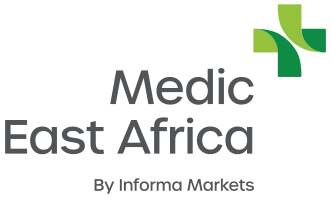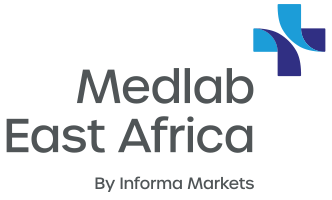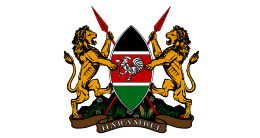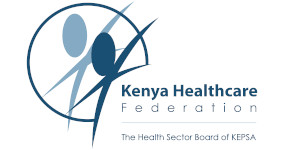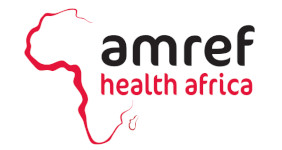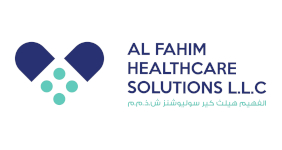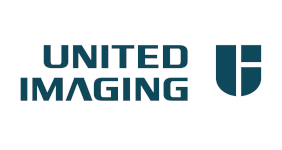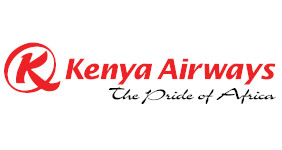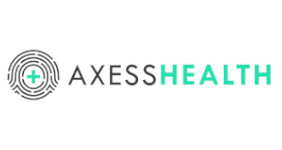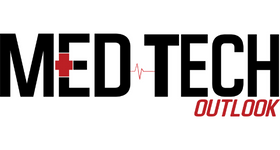Rwf800 billion to accelerate Rwanda's economic recovery
Source: Collins Mwai, The New Times, Rwanda l May 11, 2020
Fixing the economic impact of the COVID-19 pandemic could cost the Government over Rwf800 billion over two fiscal years.
The spending would propel economic growth rate to an average of 8 per cent by 2022.
With the recent partial lifting of the lockdown allowing resumption of economic activity, all eyes are on the Ministry of Finance and Economic Planning strategy to accelerate recovery.
Among the key challenges that were observed by the United Nations Economic Commission for Africa (ECA) as a result of lockdowns across the region include a drop in demand for goods and services owing to reduced purchasing power, limited operational cash flow, difficulties in obtaining raw materials essential for production among others.
While the fund will come in handy, experts say that reviving an economy requires more than just capital in the private sector.
The Minister for Finance and Economic Planning, Uzziel Ndagijimana, on Friday, May 7 while speaking at an EAC virtual meeting on lockdown exit strategies said that Rwanda has so far set an economic recovery strategy and commencing on implementation.
The recovery plan, Ndagijimana said, has ambitions such as ensuring social protection, supporting businesses recovery and at the same time conscious of the decline in tax revenue.
According to The Economic Recovery Plan, covering the period May 2020 – December 2021 seen by The New Times, the plan has two broad objectives; economic recovery and social protection relief.
“As we adopt the recovery plan, we want to address issues of social protection, agriculture. We need to improve productivity, and food security,”
“Recovery plan also includes a special fund to act as a recovery fund for large, medium and small business. There is a special provision and consideration for businesses in the tourism, hospitality, hotels, and tour operators among others whose recovery will take longer than others. This will be in form of cheap loans and loan guarantees,” he said.
The Minister said that aware that there would be a decline in tax revenue, the government has been forced to prioritize the most critical sectors would be adopted as well as reduction of unnecessary expenditure.
Currently, across the country, businesses have reported lower consumption by clientele largely due to low purchasing power with less money in circulation. Ndagijimana said that this will be fixed through creation of high labour intensive infrastructure projects allowing beneficiaries to earn increasing their purchase abilities.
“One of the effects is decline in tax revenue because of economic activities that have been on a halt. We need to prioritize our spending with economic focusing on social protection, high labour-intensive infrastructure to create revenue, demand and consumption as well as cheap working capital. We also need to use the capital and support from the World Bank, IMF, reduce unnecessary spending in government,” he said.
The recovery plan has been developed anticipating that in line with the identified priorities for economic recovery, total COVID-19 related cost is so far estimated at Rwf882 billion over the two fiscal years 2019/20 and 2020/21.
The cost estimates are on allocations to health-related spending, social protection, support to state-owned enterprises, government’s contribution to the Economic Recovery Fund, and other measures to mitigate the economic consequences of COVID-19.
The plan is also ready for a drop in tax losses for the two consecutive fiscal years compared to previous projections with estimates at Rwf556 billion or an average of 2.8 per cent of GDP per year.
Ibrahim Mayaki, the Chief Executive of African Union Development Agency, expressed confidence in Rwanda’s ability to implement recovery plans and strategies noting that sound governance will be a major determinant on the levels of success of recovery plans.
Haroon Bhorat Professor of Economics and Director of the Development Policy Research University of Cape Town said that in recovery plans, there is need to map out vulnerable segments of the population including those that were previously considered middle class.
He advised on the need to have adequate data to ensure strategies and plans to be implementable.
